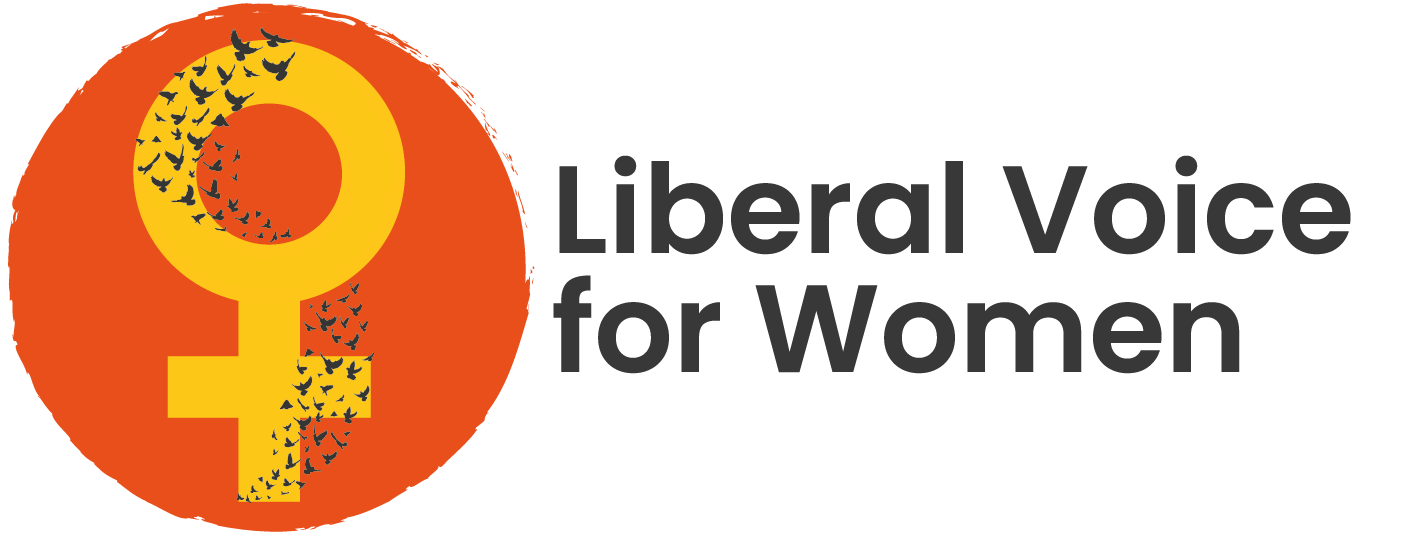Gender Dysphoria and Puberty Blockers
Over the last decade, there has been a steep rise in the number of children and young people presenting with gender dysphoria (that is, the distress of ‘feeling that your body is ‘wrong’ and that you are, or should be, the opposite sex’ ). Teenage girls are disproportionately affected.
The ‘affirmative’ model has increasingly become the first line of treatment. This protocol recommends a ‘social transition’ in early childhood (using the pronouns, clothes, hairstyles, names stereotypically associated with the opposite sex), followed by puberty blockers in early adolescence, and then cross-sex hormones (testosterone for girls, oestregen for boys) around age 16.
Children and adolescents are seen at NHS England’s only specialist service for under-18s, the ‘Gender Identity Development Service’ (GIDS) at the Tavistock Clinic. In September 2020, the NHS announced an independent review into GIDS, led by Dr Hilary Cass, former President of the Royal College of Paediatrics and Child Health. Described as ‘wide ranging in scope’, the Cass Review is examining the disproportionate rise in referrals of girls, and considering clinical approaches and protocols. The recommendations are due in 2021.
A growing body of concerns from clinicians, parents and patients about inappropriate use of puberty blockers were addressed in Bell & Mrs A -v- The Tavistock in December 2020. The High Court noted, ‘the non-existent or poor evidence base…for the efficacy of such treatment for children and young persons with GD [gender dysphoria].’ Further, ‘…the combination here of lifelong and life changing treatment being given to children, with very limited knowledge of the degree to which it will or will not benefit them, is one that gives significant grounds for concern.’ The court found the ‘vast majority’ of those starting puberty blockers ‘proceed to the use of cross-sex hormones, and its potential life changing consequences for a child’, including infertility and loss of sexual function.
The court ruled children will almost always be too young to give informed consent to treatments that can irreversibly alter functions that a child or adolescent has no means of understanding and which is still an experimental treatment, and that, for 16 and 17 year olds, ‘authorisation of the court should almost always be sought prior to commencing the clinical treatment.’ In response, GIDS immediately stopped prescribing puberty blockers to new patients, but sought permission to appeal the ruling. This was granted because the court stated there was a ‘compelling reason’ to hear the appeal as opposed to stating the appeal had any legal merit. This gives us cause to believe that court itself believed the judgment was likely to stand.
The Liberal Democrat policy on puberty blockers endorses, ‘The right of transgender and gender-variant children to receive puberty blocking medications until they are eligible for hormone replacement therapy’, without qualification (p28-9). This policy merits urgent review in light of the growing body of research and data on the nature and treatment of gender dysphoria that has emerged since this policy was adopted in 2015, as well as the Cass review and the ruling in Bell.
Unfortunately, activist pressure on leadership and a culture of ‘no debate’ have resulted in a position that not only neglects or at worst harms the best interests of children and young people, particularly young women, but is now clearly out of step with the law. Lib Dem members, along with clinicians, teachers, social workers and therapists outside the party, are accused of ‘transphobia’ or advocating ‘conversion therapy’ when they raise concerns about the appropriateness, efficacy or safety of ‘affirmation’, or propose the alternative, psychosocial treatment approaches that have proven highly effective, and without the risks inherent in the medicalised model.
We echo the Observer editorial in response to the High Court ruling: ‘Children are not pawns to be deployed in adult debates about identity.’
Our motion submitted to Spring Conference to address these issues was rejected, on surprising grounds: ‘As there is currently an ongoing process to Appeal the Court decision (Conference Notes C) and an independent review (Conference Notes F) it would not be appropriate at this time for the party to set policy based on an issue which is currently going through the courts and an independent review.’ We consider legal challenges and potential changes to the law an integral part of the democratic process which cannot be a reason for not engaging in issues of public importance.
We believe the party’s urgent priority must be the support of gender dysphoric children and young people through respectful, compassionate, and high-quality evidence-based care. We believe a psychotherapeutic approach - not to be conflated with conversion therapy - should always be the first line of treatment, following the principle ‘first, do no harm’.
